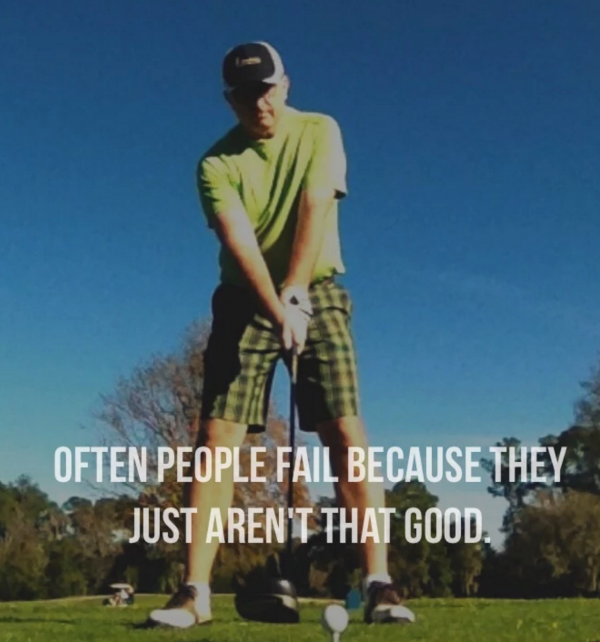Among the current trends in education is a romanticized view of failure. Stop me if you’ve heard this before:
“Embrace Failure”
“FAIL First Attempt in Learning”
“Failure is Essential to Learning”
Shifting from an education system that prized compliance and success over questioning and failure, is an important conversation to provoke. We need to have frank discussions about the role of failure in learning and our schools. I have two problems with this new found love of failure. First, I don’t really know what you mean by failure and second, what happens when failure is inevitable?
The word failure is being used to talk about everything from students struggling to make a circuit light up, getting a failing grade, making an error on a spelling test, design setbacks on projects and not getting into your first college choice. The range of the word use has diluted its meaning. I had a conversation with my friend John Spencer who talked about the difference between mistakes, imperfections, and failures. It seems many lump these all together. There is a big difference between someone making a mistake on a test on a driver’s test and not getting into medical school. I’m not sure what to do about this issue but I do think speaking in platitudes and pithy quotes isn’t all that helpful.
The second issue is that our favorite failure stories have fairy tale endings. Videos like this suggest that all you have to do is persevere and you’ll become great or famous.
But what about all the people who never have these comebacks and successes? Recently I heard Natalie Panek speak. Natalie is a brilliant scientist and a great speaker. In her talk, she addressed her own failure. She applied for a NASA internship 4 times and was rejected each time. After the 4th time, she called NASA to find out more and was offered a spot. This is a great story of perseverance and dedication to a goal. But what would have happened if she didn’t get that offer? Someone as bright and talented as Natalie would likely have found success in another place. And while she did learn a great lesson, I would love to hear more stories where the failure didn’t have such a happy ending. The reality is if we ask our students and ourselves to take risks, we’re going to experience real failure. In many cases all the grit, resiliency and perseverance in the world won’t make all your dreams come true. It’s not really a risk if you know in the end you’ll be successful. In education and life, we hate uncertainty. Obviously, that doesn’t mean that failure is in vain. Reflection, and in many cases, time, are the only ways to glean anything from those more epic disappointments. As educators and parents, we can offer hope but we also can have candid conversations that acknowledge short comings and encourage self-awareness. Many times, those shortcomings can be overcome, but there are times when they can’t. That doesn’t have to be shameful but accepting that sometimes we just aren’t able to win/succeed/achieve is an extremely valuable lesson.
And then again, maybe you disagree.
